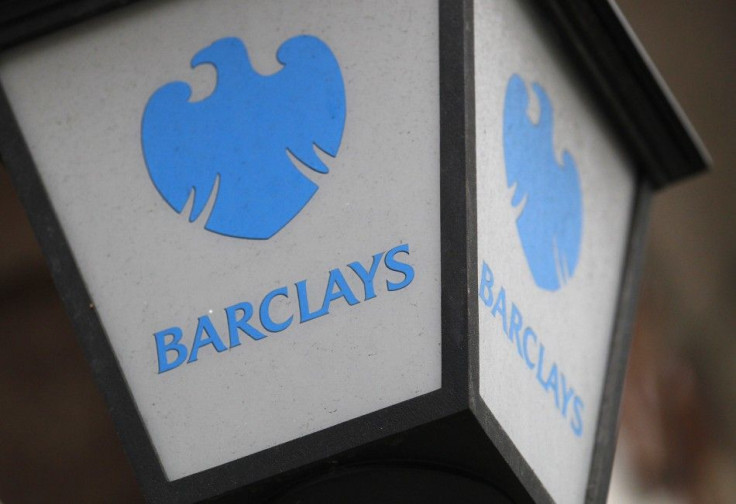Barclays Offering High-Interest Savings Account In Bid to Woo U.S. Savers

British bank Barclays PLC (London: BARC) is making a grand entrance into the U.S. retail banking space, debuting an online savings account this week that pays substantially more in interest to accountholders than its closest competitors.
The move, which was reported in various financial media outlets over the weekend, is a way for the bank to raise more dollar-denominated funding as it seeks to expand its already established credit card operations in the United States.
We want to grow our credit-card business over time in the U.S., so we want to make sure we can fund the growth, Antony Jenkins, the chief executive of Barclays' retail and business banking operations, told the Wall Street Journal.
Previously, Barclays had been funding its retail lending operation by tapping institutional dollar loans in international capital markets. But those sources of financing are fickle: over the Autumn, as the European sovereign debt crisis intensified and high-level players worries about the fiscal health of certain European banks, dollar lending markets seized up, and only became less strained after unprecedented monetary actions by various central banks.
The move to tap U.S. savers also makes sense for reasons other than cash flow stability. Barclays is offering consumers daily compounded returns of 1 percent on savings balances, a premium over competitors such as CIT Group Inc. (NYSE: CIT) and Ally Financial, which offer rates of .85 and .84 percent on their online savings accounts, respectively. But that return is still a far cry from those offered in the United Kingdom, where high-yield money-market accounts can pay savers in excess of 3 percent.
Barclay's move does mean the bank -- which, according to the Wall Street Journal, had been considering buying a retail U.S. bank as an alternative way of accessing U.S. savers -- is shelving its brick-and-mortar ambitions for the moment.
We have no intention of buying a retail bank in the U.S., Jenkins said
© Copyright IBTimes 2024. All rights reserved.











